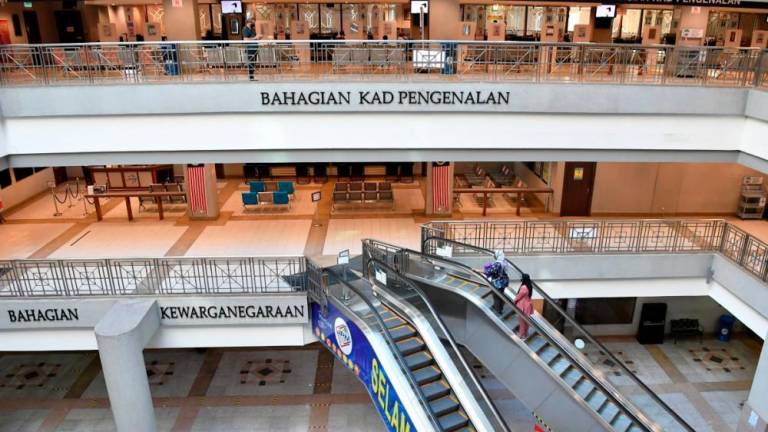PETALING JAYA: While the Pakatan Harapan (PH) government has not performed too badly economically since coming into power, Cabinet members must not overlook the disappointment shown by the rakyat over its unfulfilled election promises.
DAP supremo Lim Kit Siang (pix) said this is despite the improved public perception on the government’s seriousness in tackling issues of corruption, integrity and governance.
“PH ministers and deputy ministers must not lose sight of the reality of widespread disappointment and disillusionment over the fulfilment of PH general election promises.
“This requires a major review of the manifesto and the New Malaysia objective,” he said in a statement yesterday.
Citing the recent findings in the Organisation for Economic Co-operation and Development (OECD) 2019 Economic Survey of Malaysia, Lim said it was also pertinent for the government to take serious note of its recommendations.
Among others, Lim said he was particularly drawn by the recommendation to lower the school starting age to as early as five years old, make secondary school compulsory, continue efforts to reduce teachers’ administrative workload, and provide incentives and implement rotation schemes to attract more qualified and experienced teachers to disadvantaged school.
He said the government should also adopt a more student-centred teaching approach and put more emphasis on developing communication skills.
“The PH government should set up a special committee to study the OECD Economic Survey and see what are the recommendations which can be implemented,” he said.
Lim said the other key recommendations by OECD that the government should seriously consider include:
>> Increasing the minimum maternity leave entitlement to at least 14 weeks, in line with international standards;
>> Developing a co-financing arrangement for maternity leave, with the majority of the cost incurred by the government;
>> Investing in public childcare facilities and provide subsidies to private and workplace facilities; and
>> Considering adopting a more selective approach to the inflow of low-skilled foreign workers, while maintaining an open policy for high-skilled foreign workers













